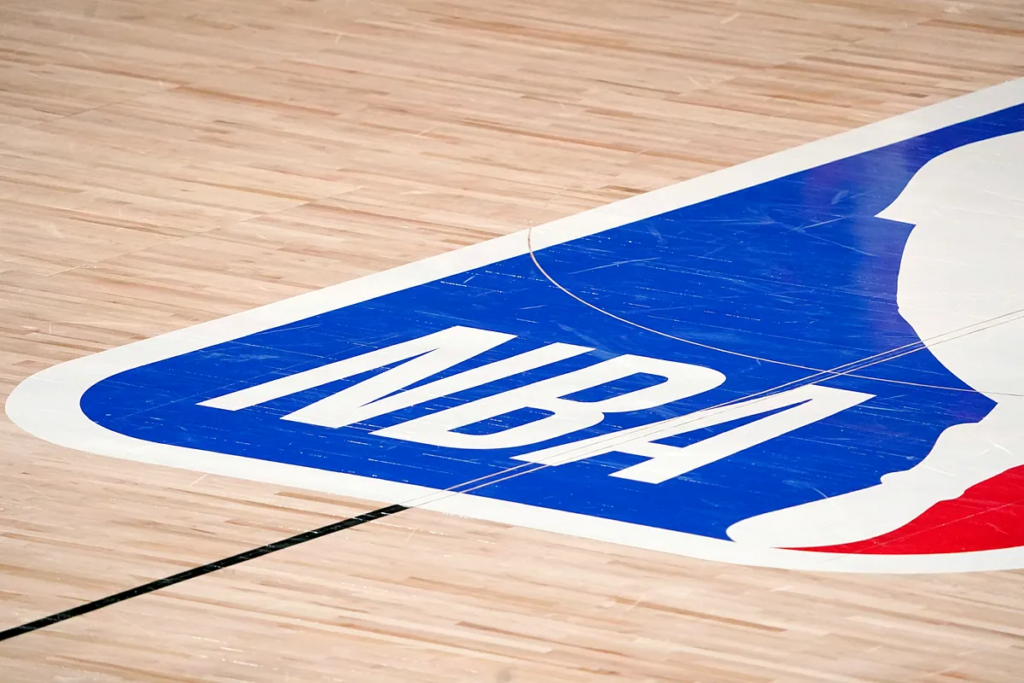The recent arrests of NBA players Chauncey Billups and Terry Rozier have brought renewed attention to illegal sports gambling in professional basketball.
While conspiracy theories circulated online, federal investigators reportedly suggested that mafia-linked groups could be involved in the scheme, raising concerns about potential manipulation of player injuries and game outcomes.
The revelations have sparked widespread debate among fans and analysts alike.
Former mobster Michael Franzese addressed these allegations in a recent YouTube video, breaking down how organized crime historically interacts with professional athletes.
Franzese described athletes as particularly vulnerable to gambling schemes, citing their competitive nature and high-risk behavior.
“A lot of athletes get in trouble all the time with respect to gambling. Gambling is an extension of their competitiveness,” Franzese explained.
“Many of them get in trouble whether they’re pros or in college. It has been happening and will continue to happen.”
Franzese noted that four of the five major New York-based crime families were allegedly involved in the illegal betting operations, though he found it unusual that some of his former associates were not implicated.
Drawing on his experience running a network of bookmakers, Franzese emphasized how athletes could be drawn into gambling traps, often accruing debts that required repayment under pressure.
“Athletes are easy prey. They get themselves in trouble, owe a debt, and have to do whatever they can to resolve it,” he said.
Legal sports betting is permitted within regulated frameworks, but problems arise when individuals exploit insider information or manipulate games.
Franzese suggested that athletes often seek help from bookmakers to recover losses, creating cycles of financial and legal risk.
Injury reports and betting manipulation
A critical aspect of the alleged scheme involves the use of injury reports to influence betting odds. The case of Terry Rozier reportedly included a faked injury in 2023, which may have affected wagers.
According to Franzese, even minor or unreported injuries can provide bookmakers with an advantage if they are not publicly disclosed.
“You can bet many different ways during a game. When you have injury information that only you have, you can make a lot of money,” Franzese said.
The ongoing scrutiny has extended to other players, including LeBron James, whose absence due to sciatica has fueled speculation.
While James‘ involvement is unconfirmed, federal authorities have indicted Damon Jones, a former Lakers staffer, for allegedly sharing non-public health information.
Reports indicate Jones communicated details about a prominent player, widely believed to be James, who was not listed on the official injury report before a game.
If true, the disclosure of such sensitive information could substantially impact betting markets. Franzese highlighted that these methods of acquiring unreported injury data have historically been highly profitable for organized crime networks.
Both Rozier and Billups‘ legal representatives have denied the allegations, emphasizing that the investigations remain ongoing.
Meanwhile, the involvement of alleged mafia connections in the NBA has intensified public concern about the integrity of sports betting and the potential for athletes to be exploited financially.
Read the full article here

